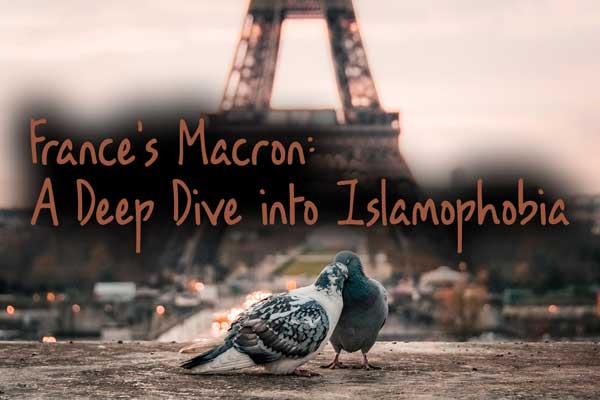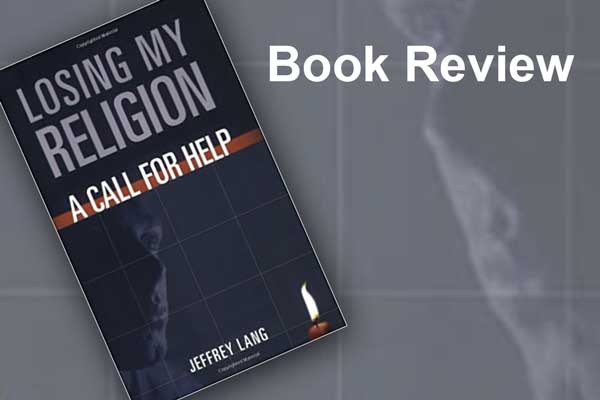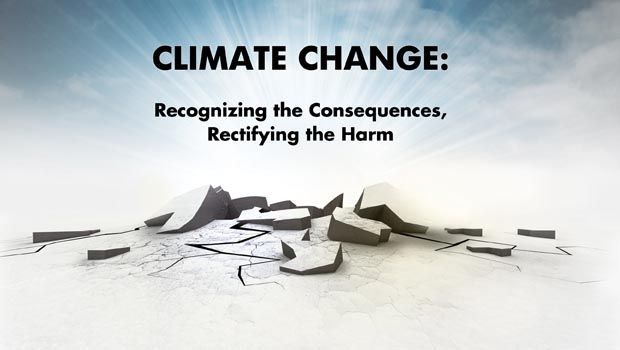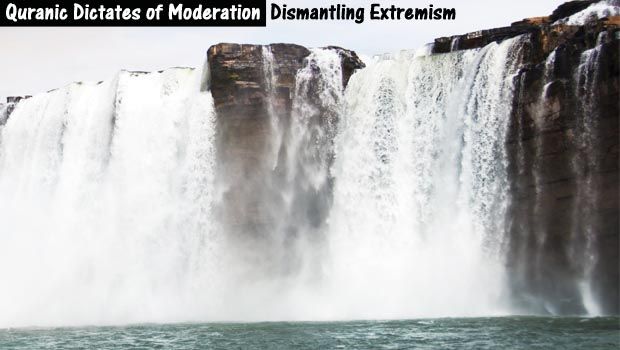About two weeks before Muslims worldwide acknowledged the presumed birthday of Prophet Muhammad (s),October 28-29, 2020 (11 Rabi Awwal 1493), French schoolteacher Samuel Paty shared with his history classes negative caricatures of the Prophet of Islam as examples of the freedom of speech so cherished in that secular country. The images had been previously published in the French satirical magazine Charlie Hebdo in 2006, 2011, 2015, and 2020, each time generatingprotests,sometimes violent,by Muslims in France and across the globe. They were incensed by the attempted degradation of the universally beloved Prophet. The response to Paty’s sharing of the cartoons was especially gruesome as18-year-old Abdoullakh Anzorov, a Chechen national who had lived in France from the age of six, beheaded the 48-year-old educator with a long knife. Anzorov, who was shot and killed by French police, was loudly condemned for his actions by Muslims and non-Muslims alike.
The response to the killing by French president Emmanuel Macron was swift, and it belied any attempt on his part to try to heal the traumatized citizens.He did not call the horrific incident an individual criminal act.Instead, he demonized the religion of Islam and thus, the six million Muslims in France and the 1.7 billion Muslims around the world. Macron declared that, “Islam is in crisis in the world,” adding that “He (Paty) was killed because Islamists want our future. They will never have it.” In a dramatic display of support for free speech in France, the cartoons were projected on government buildings in Toulouse and Montpellier during memorial programs for Samuel Paty. Macron was present at the memorials.
Macron’s response to the offensive cartoons was diametrically opposed to that of former French president Jacque Chirac. Charlie Hebdo’s 2006 publishing of 12 demeaning cartoons of Prophet Muhammad (s)resulted in boycotts of French products, rioting, and at least a dozen deaths across the Muslim world. Chirac angrily stated, “I condemn all obvious provocations which could dangerously fuel passions. Anything that can hurt the convictions of someone else, in particular religious convictions, should be avoided. Freedom of expression should be exercised in a spirit of responsibility.”
The Fallout Continues
Macron has instituted dozens of raids against suspected Muslim extremists and even took action against some who were already in jail but now were served with additional charges. Muslim charities and relief groups have also been closed in the aftermath of recent events. As of the end of October, at least three mosques have been attacked. Several mosques are padlocked, and Imams and religious leaders arrested. Muslim women wearing hijab have been attacked, one such brutal assault taking place at the iconic Eiffel Tower in Paris.The French Interior Ministry announced that more than 50 Muslim institutions with alleged ties to recent attacks are under investigation.
Two weeks after Paty was decapitated by Anzorov, three worshippers in the famed Notre Dame Basilica were killed in a knife attack in Nice, a city in the south of France. The suspected attacker, a Tunisian man who entered France after arriving by boat from Italy on September 20, was taken into custody by French authorities. In Saudi Arabia, a guard was stabbed with a sharp tool outside of the French consulate. The perpetrator was arrested by Saudi police. These violent attacks on French citizens are attributed to President Macron’s continued defense of cartoons that dishonor Prophet Muhammad (s). Of course, Macron’s Islamophobic statements and policies and the subsequent attacks on French citizens are directly related. But, at the same time, we have to be clear that extra-judicial killings are forbidden in Islam. Punishments can only be established and carried out by legal and authorized authorities who ensure that due process is followed, and justice is brought about.
President Recep Erdogan of Turkey declared in a speech that Macron was “mentally damaged.” He added, “Macron needs mental treatment. What is the problem with this person Macron with Muslims and Islam?” President Erdogan has been outspoken about Muslims suffering discrimination and oppression from non-Muslim states. Muslim countries around the world have decried Macron and other French government officials’ conflation of acts of terrorism by individual Muslims as concerted attacks by all French Muslims on European people and Western civilization. Muslim-majority nations, including Pakistan, Bangladesh, Saudi Arabia, Kuwait, Qatar, and Jordan have either directly criticized Macron’s comments and actions or called for or instituted a boycott of French products.
Macron’s deep dive into Islamophobic rhetoric and policies comes at a pivotal time in his presidential bid for re-election. In 2022, Macron will face the leader of the National Rally(formerly National Front), Marine Le Pen, in France’s presidential election. Macron decisively defeated Le Pen in the 2017 presidential contest. As the electorate in France has embraced the more nationalistic, anti-immigration, and Islamophobic positions of the National Rally party of Le Pen, Macron has embraced a right wing populist stance that aligns him more close lywith the perceived political mood of the nation. Le Pen was an early supporter of the candidacy of Donald Trump in 2016 and now echoes his anti-Muslim and anti-immigration rhetoric.
Muslim Presence in France: A Long History
Since the Middle Ages, Muslims have had a presence in the south of France that coincided primarily with the almost 700-year Muslim domination of Andalusia, southern Spain.But it was not until the beginning of the 20th century, between World Wars I and II, especially after1945,that tens of thousands of Muslims settled in France, coming mostly from Morocco, Algeria, and Tunisia. World War II caused untold devastation to the infrastructure of France and required immigrant laborers to rebuild structures and to work in the factories. Muslim workers poured into the country for decades until the French government tightened immigration policies in the 1970s due to an economic crisis. After decades of almost unimpeded legal immigration,Muslims have become part of the French landscape, making Islam the second largest religion in the country.
Some have reacted to the growing presence of Muslims in Europe with a radical and deadly animus. Brenton Tarant, the perpetrator of two mosque attacks in 2019 in Christ Church, New Zealand wrote in his manifesto, “This crisis of mass migration and sub-replacement fertility is an assault on the European people that, if not combated, will ultimately result in the complete racial and cultural replacement of the European people.” His deadly killing spree, as a member of the Identitarian Movement, resulted in 51 dead and 40 injured. The Identitarian Movement emerged in France after World War II and it appears that members today believe it is Western elites who are promoting open borders and unlimited immigration into Europe and the U.S. for their own globalist agenda. They propose that White Christians must fight to save their civilization.The group is active across Europe, United States, Australia, and New Zealand.
The lingering issues of France’s colonial mission in Muslim-majority countries, particularly in Northern Africa, has hung over the nation like a toxic cloud. For example, France imposed colonial rule over Algeria from 1830 until the Algerian War of Independence from 1954 to 1962 that resulted in independence from France. The war was fought primarily on Algerian soil with the French widely employing torture against Algerian soldiers and civilians while unsuccessfully attempting to crush the Algerian Revolution. Some estimates are that more than 10 million Algerians died as a result of French colonial rule.
The memory of French colonial atrocities remains in the minds of Muslim citizens of France.This is particularly true in the densely populated outskirts of cities like Paris, Marseille, and Lyon where many Muslims live. These areas are plagued by entrenched poverty, unemployment, in large part caused by discrimination, and public housing that has ended up as isolated ghettos where gangs and drugs abound. This is the perfect recipe for over-policing and its end result — prison. Some estimates are that over half of the French prison population is Muslim. These conditions lead to complete alienation from French society. Much to the chagrin of government planners and elected officials, a growing number of these disenfranchised young people are rejecting secularism and attempting to fully embrace the tenets of their Islamic faith. The response from the secular French government has been attempts to remove all vestiges of the symbols of Muslim religious and social life from the public square. This was initiated in 1989 with the government ban on wearing headscarves in government buildings and in public schools.
Unlike in the United States, a preponderance of French Muslims, especially those living in the outlying housing projects, has not been fully assimilated into the economic or social realms of French society, even after living in the country for over 75 years. As the French economy continues to weaken and its post-colonial status on the world stage diminishes, Islam and the presence of Muslims in France have become convenient scapegoats for the country’s woes. The plight of Muslims in France should serve as a cautionary tale for Muslim minorities in Western countries.As Muslims, the model for our success in any society must not be how fully we assimilate into the mores and practices of our environment, but rather how closely we strive to emulate the Prophetic model in our personal and collective lives.






